39 Years Later, UC San Diego Continues to Fail APIMEDA Students
Mar 14, 2023
On Feb. 20, 1984, a group of faculty members released a “Proposal to Create a Core Curriculum of Asian American Studies.” After strong student support for more Asian American courses at UC San Diego, the proposal called for the creation of three courses on Asian American history, literature, and contemporary issues.. Over the years, various students and faculty would expand upon the original proposal’s vision for a curriculum and space where students could learn more about the historically underrepresented Asian American and Pacific Islander community. Members of our community built coalitions and alliances, formed search committees, and wrote demand letters to establish a permanent program on campus. It would take 36 years of arduous advocacy before the Asian American and Pacific Islander Studies minor program would be officially established at UCSD.
On Feb. 21, 2023, 39 years after the original proposal, UC San Diego released an article to announce its designation as an Asian American and Native American Pacific Islander Serving-Institution. Established in 2007, the Department of Education’s AANAPISI designation allows institutions to apply for federal grants to support their AAPI and Native American students. While acknowledging the work ahead, the article celebrates the resources currently available to the university’s 13,000 AAPI students: the Asian American and Pacific Islander Studies Minor and the Asian, Pacific Islander, Middle Eastern, Desi American Programs and Services. After all, according to Chancellor Pradeep K. Khosla, “UC San Diego and our state serve some of the largest populations of AAPI students, so a commitment to promoting equitable access, providing excellent student support programs and ensuring a sense of belonging across all of our diverse student communities is fundamental to our mission.”
Yes, it’s true; UC San Diego does have an Asian American and Pacific Islander Studies Minor and APIMEDA Programs and Services. Yet similar to the uphill battle fought to establish an AAPI studies program on our campus, the fight for an APIMEDA center is one that has just begun.
The APIMEDA Programs and Services was created in response to the Coalition for Critical Asian American Studies 2014 demand letter. Written by a student-run committee that convened to strengthen critical Asian American studies at UCSD, the 2014 letter outlines concrete steps for the campus to provide sufficient resources for the APIMEDA community. These demands included the disaggregation of statistics for the admissions and retention of AAPI students; increased funding and investment in Counseling and Psychological Services to address the needs of AAPI students; and the creation and sustained funding for an APIMEDA Research and Resource Center. Some of these demands, such as increasing the hiring of AAPI staff, have been met over the past few years. However, the crux of CCAAS demands — the creation of a space for the AAPI community — stands out as a glaring omission.
The current APIMEDA Programs and Services group is not considered a resource center. The program’s staff does not possess someone at the director level like that possessed by resource centers on campus. Instead, the positioning of the program’s head as an associate director rather than a director strips them of some of the authority relegated to those with the alternate title.
If “providing excellent student support programs” is fundamental to UCSD’s mission, one has to wonder why the university only hires two full-time employees to provide programs and services for 13,000 APIMEDA students. Why is there no physical space for APIMEDA students and faculty to find community beyond the office of the program’s two staff members? Why, under the current chancellor’s leadership, have these vital services festered with a lack of staff and financial resources ever since the creation of APIMEDA Programs and Services in 2016? It is time for us to follow the lead of schools like the University of Illinois at Urbana-Champaign to create a cohesive space and resource hub for the APIMEDA community.
Will it take another 30 years of advocacy before the 40-year-old dream of a space for APIMEDA students on our campus will come to fruition? To quote the 2014 CCAAS letter, we must demand “long-term solutions that do not just “band-aid” the situation until the next violent act occurs, but truly take into consideration the voices of the students and communities who have been so grievously injured.”
*Editor’s Note: This article was written as a collaborative piece between Opinion Editor Sparky Mitra and Tommy Jung, an alumnus of UC San Diego
Image courtesy of Unsplash


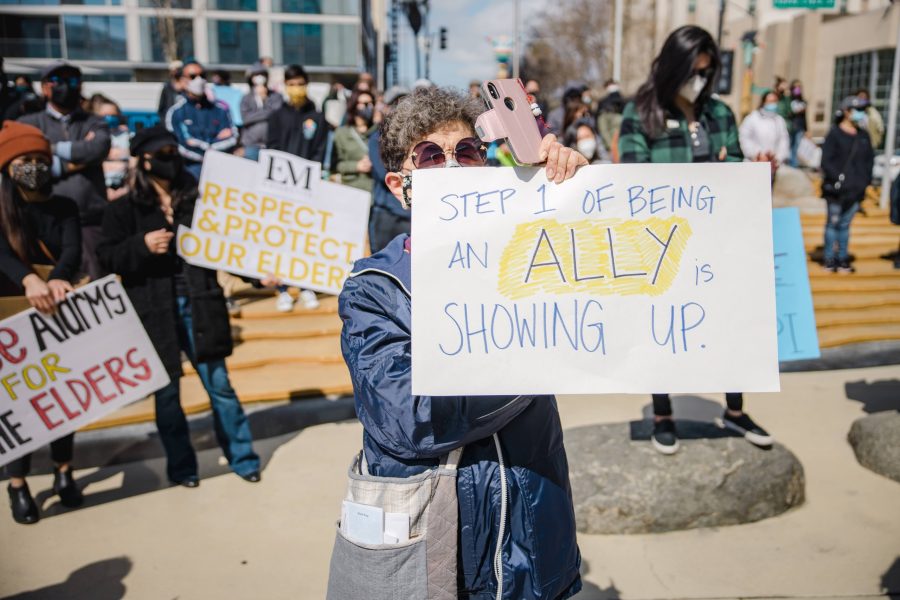
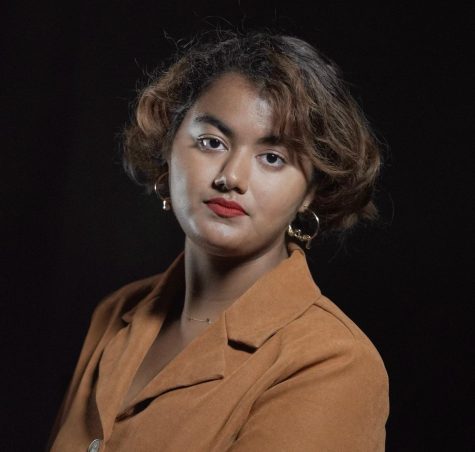



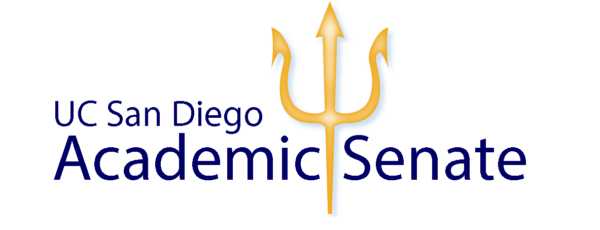
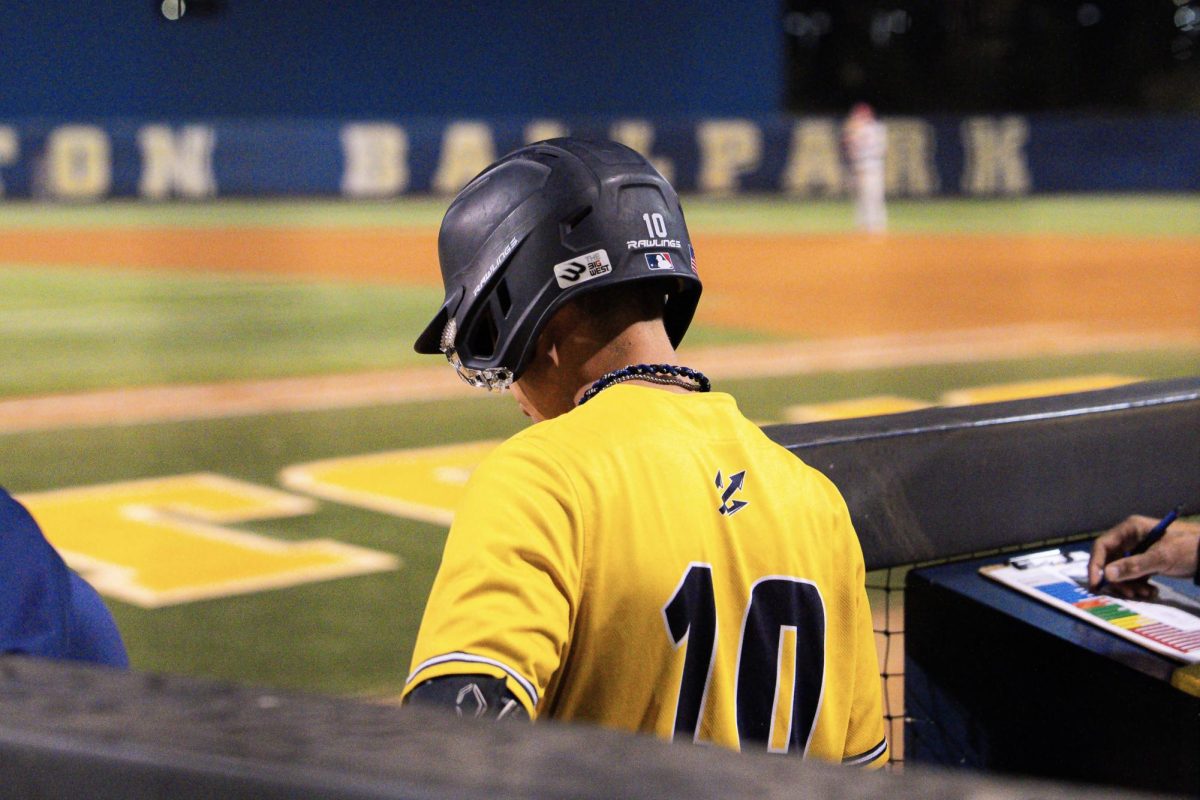


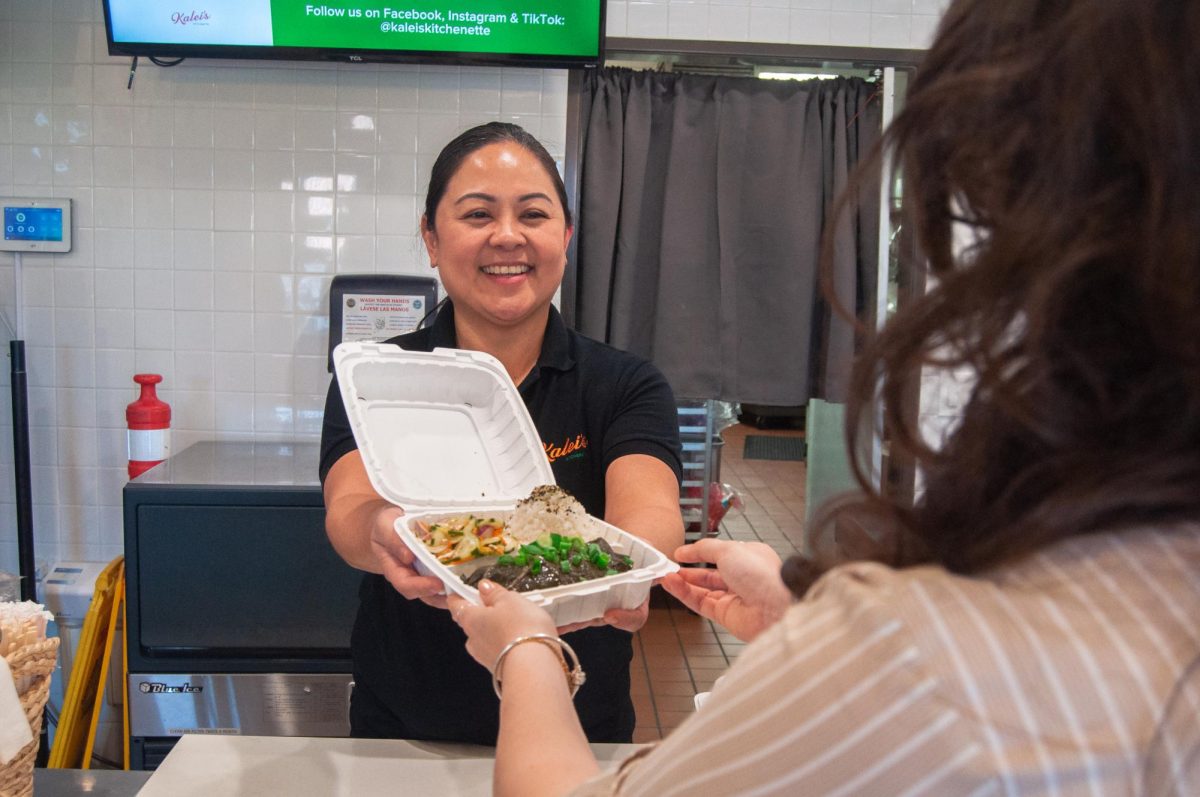


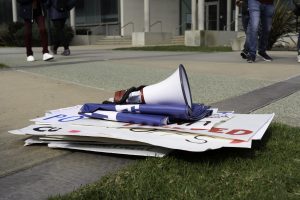


Glenn Nolan • May 1, 2023 at 11:56 pm
It’s really disheartening to hear about the experiences of APIMEDA students at UC San Diego. As a member of the UC community, I believe it’s important to acknowledge and address systemic issues of discrimination and exclusion. It’s not enough to simply pay lip service to diversity and inclusivity – we need concrete actions and policies that prioritize equity and support marginalized communities. I’ll share this to!
Daphne H. Galang • Mar 18, 2023 at 4:31 pm
Dear UCSD Guardian, The term “APIMEDA” is not a universally accepted term. As an Asian- American Alumna with a minor in Chinese Studies from UCSD, and further courses at Harvard’s former Yenching Institute for Chinese Studies, I hope we go beyond the statement “It is time for us to follow the lead of schools like the University of Illinois at Urbana-Champaign to create a cohesive space and resource hub for the APIMEDA community.” I was taught that UCSD was modeled after Oxford University, and other universities of international caliber. Please check your sources for academic rigor. Sincerely, Daphne Hsu Galang, UCSD Alumni Association Life Member